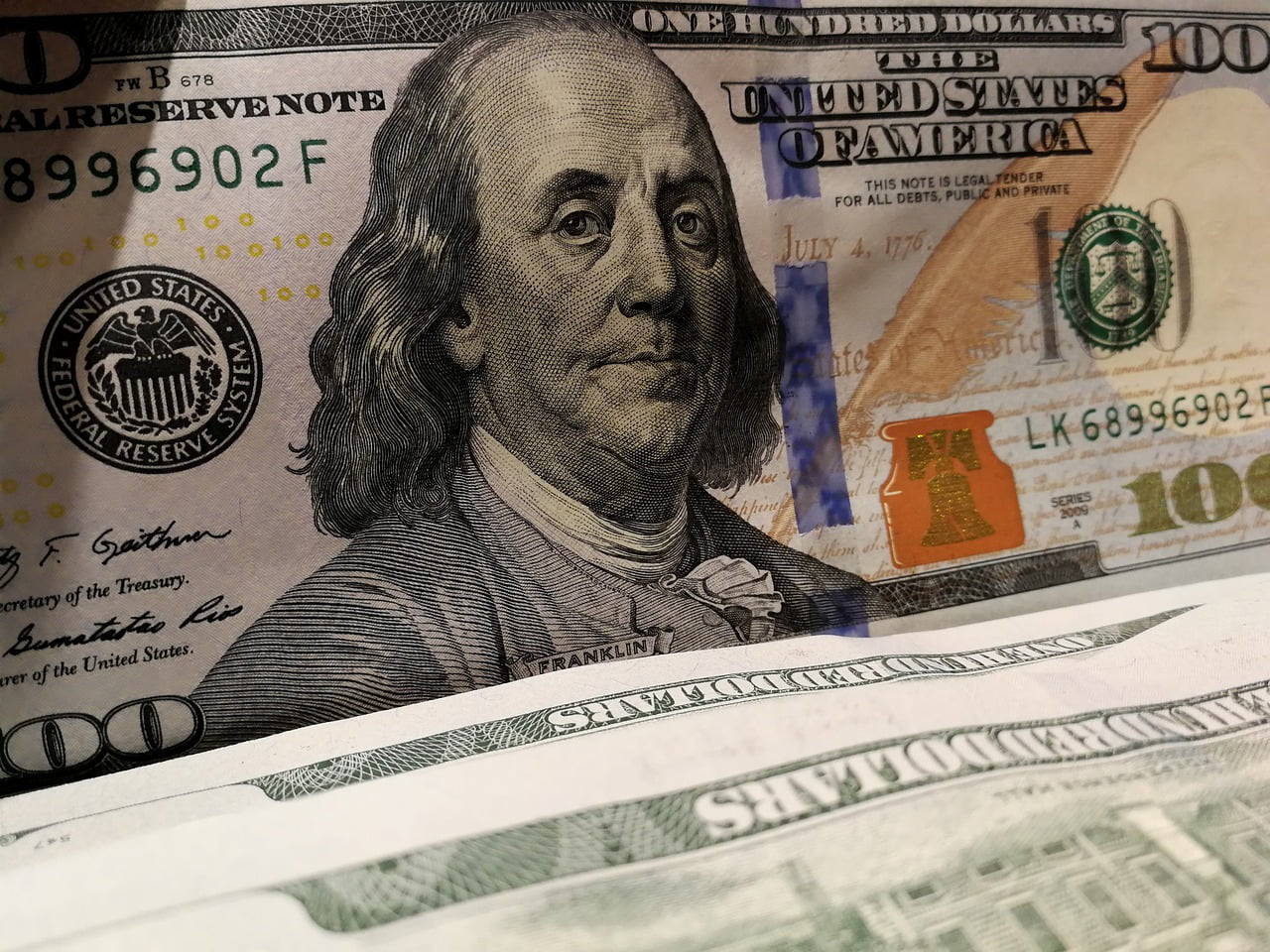Influencers expect onset of global economic recession amid central banks tapering, reveals GlobalData
Q4 2021 hedge fund letters, conferences and more
The Onset Of The Global Economic Recession
The risk of the global economic downturn is looming large as the compounding strain of Omicron is threatening the pandemic recovery. Meanwhile, the Federal Reserve System plans to scale back its bond-buying program or the fiscal stimulus amid surging inflation and rising unemployment. Against this backdrop, influencer conversations around ‘Recession’ has spiked up by 100% in Q4 (Oct-Dec) 2021, when compared to the previous quarter, according to the Social Media Analytics Platform of GlobalData, a leading data and analytics company.
Smitarani Tripathy, Social Media Analyst at GlobalData, comments: “Twitter influencers opine the onset of the global economic recession in recent time, as the key central banks including the US Fed, Bank of Japan, European Central Bank and the Bank of England are expected to raise interest rates while tapering the quantitative easing or money supply, as the emergence of omicron has made the global economic outlook more uncertain with rising inflation and disturbed supply chain.”
Most Popular Tweets
Below are a few most popular tweets captured by GlobalData’s Social Media Analytics Platform:
“ I think implicitly he was assuming the Fed wouldn’t tolerate inflation this high and would end up provoking a recession to avoid it. “
“#Inflation continues to exact a heavy toll on consumers, as higher prices caused Sept. spending to rise by .6% even as incomes collapsed by 1%. Stimulus funded savings are rapidly depleting. The economy will soon be in recession without more stimulus. That means higher inflation. “
“I propose the term “breakaway recession” for what’s happening in many nations.—The bottom half of society is in recession, while total GDP grows. Brazil, Philippines, India, Peru are heading to breakaway recession. US also has risk; depends on its handling of the Omicron wave.”
“I'm not a fan of "induce a recession to reduce inflation/prick bubbles" macro. But I appreciate the acknowledgment that that's the channel through which rate hikes could "work." Wish more people calling for the Fed to act on inflation would admit that that's their prescription.”
“After talking over the holidays with a number of people that make stuff and move stuff for a living, it is becoming increasingly apparent that likely the only way we have seen peak supply chain disruptions & peak inflation pressures is if we have a fairly nasty recession, soon.”
About GlobalData Social Media Analytics Platform
GlobalData’s Social Media Analytics Platform allows businesses to understand brand sentiments, product led conversations, buzzing trends among Twitter Influencers and Redditors tracked by GlobalData, using a combination of AI and human based analysis that curate content and displays only what matters to you. It helps monitor competitor strategies, predict emerging trends, monetize disruptive innovation, decode smart money, mine thought leadership, and capture digital consumers.
About GlobalData
4,000 of the world’s largest companies, including over 70% of FTSE 100 and 60% of Fortune 100 companies, make timelier and better business decisions thanks to GlobalData’s unique data, expert analysis and innovative solutions, all in one platform. GlobalData’s mission is to help our clients decode the future to be more successful and innovative across a range of industries, including the healthcare, consumer, retail, financial, technology and professional services sectors.






